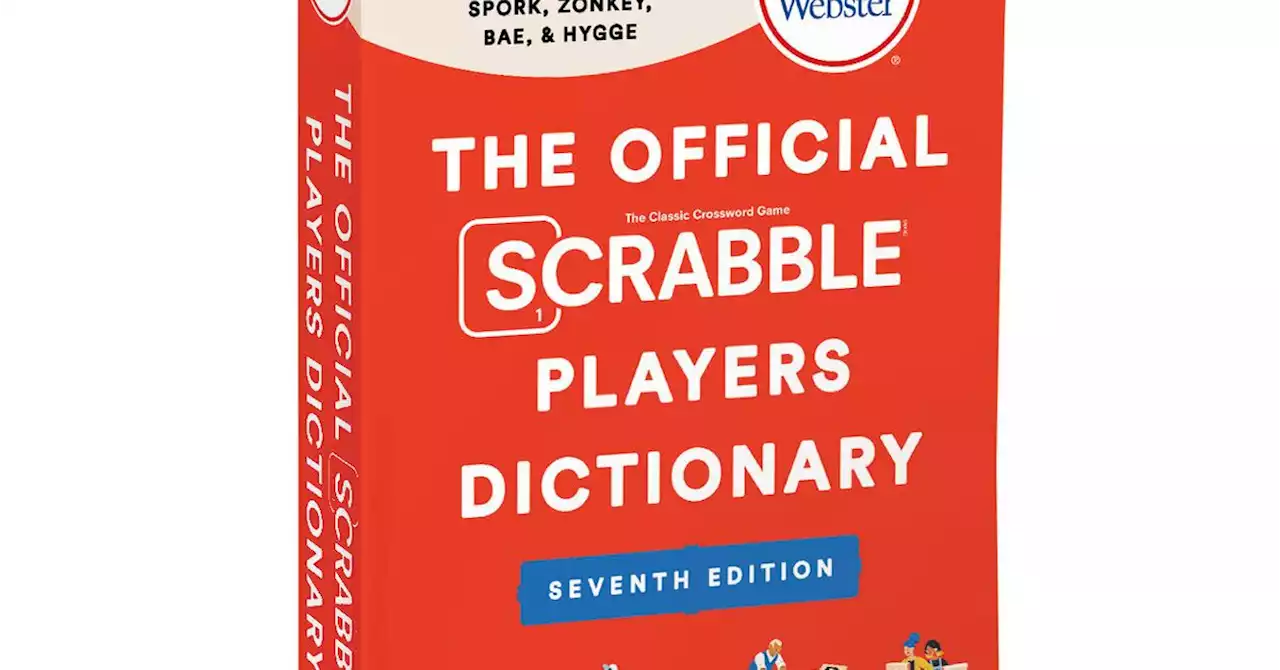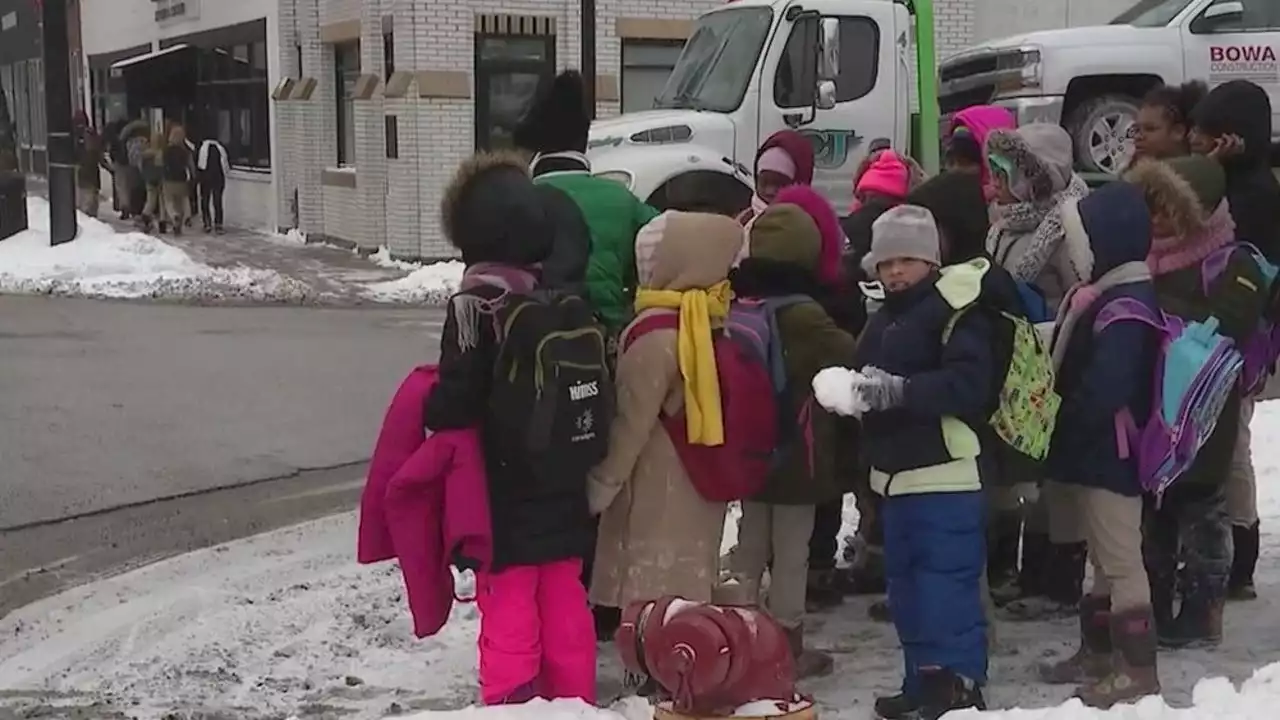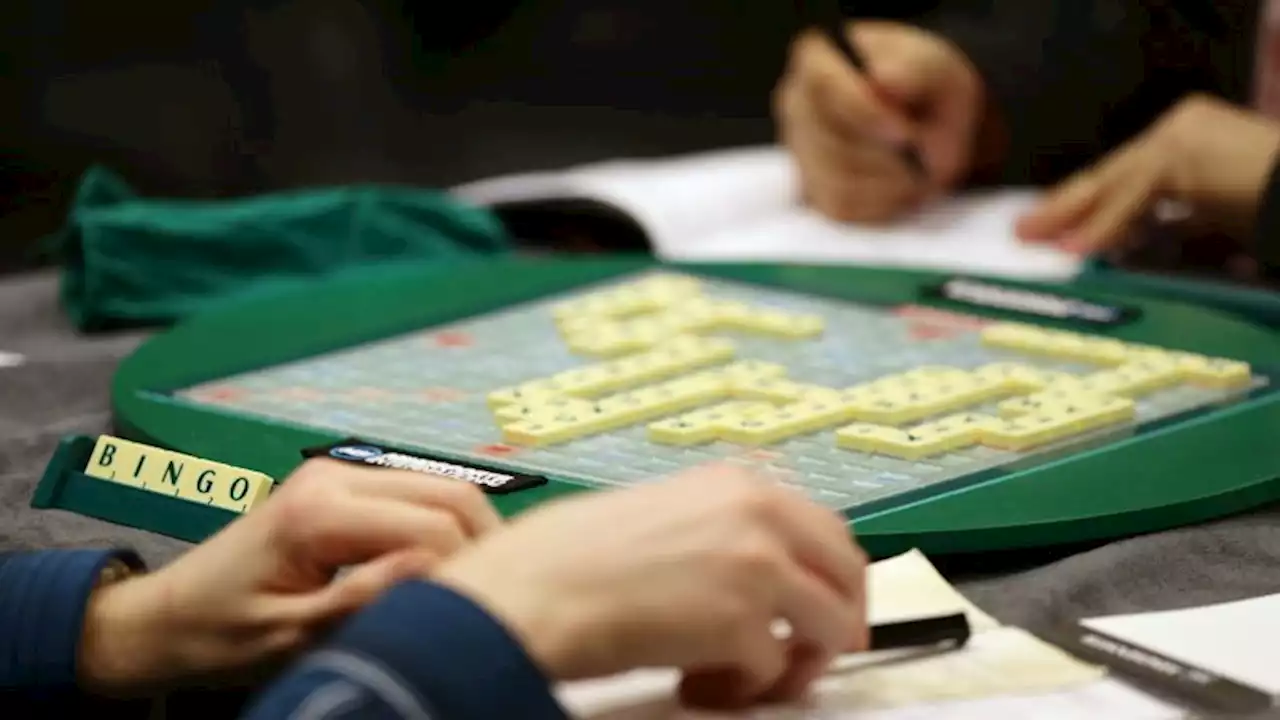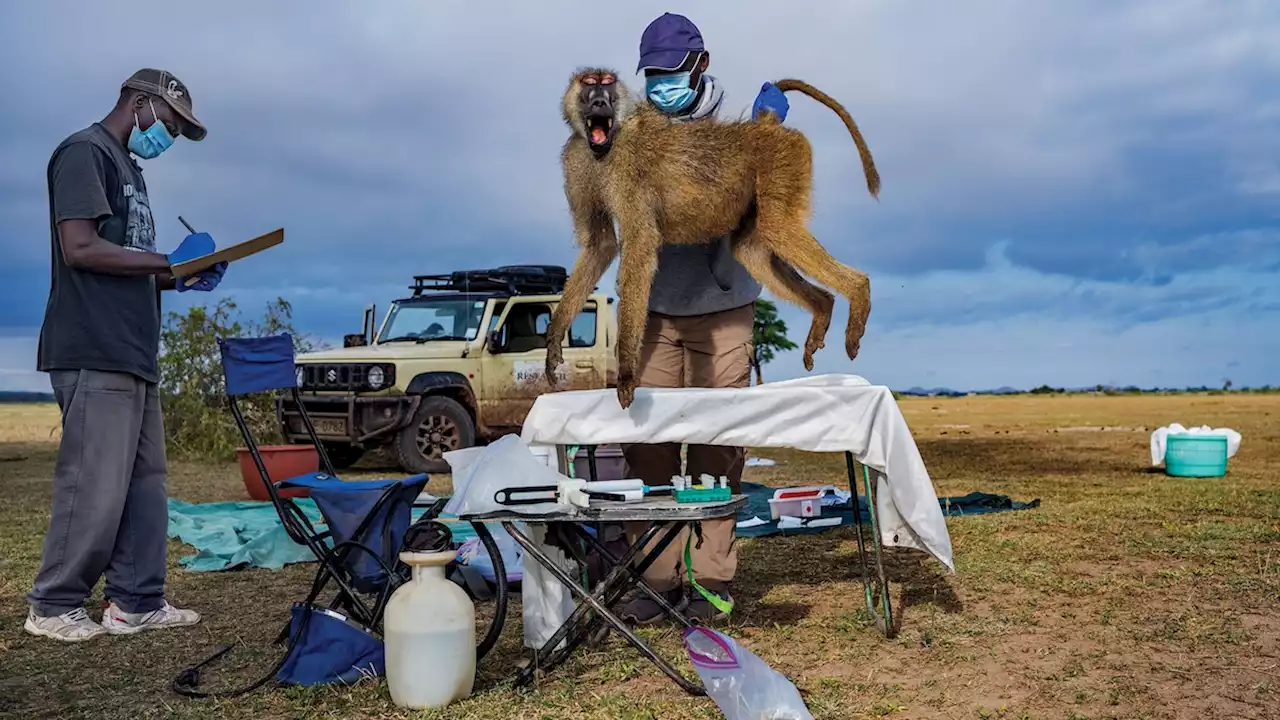For 50 years, researchers in Kenya have studied more than 1,500 baboons across eight generations. This long-term study could help us understand how primates’ lives are shaped by social bonds and early hardships
Olduvai the baboon was minding his business in the savannas of Kenya’s Amboseli basin when he suddenly dropped to the ground, a small tranquilizing dart having found purchase beneath his fur. None of his fellow baboons noticed; the person quickly lowering the blow gun saw to that. A few hours later, Olduvai would be released—unaware of the contribution he had made to our understanding of aging.
For decades, scientists have tried to tease out how adversity in early life and social bonds in adulthood can affect our health and lifespan by surveying large numbers of people over many years. But as useful as these studies are, they’re imperfect. For one reason or another, people drop out. Surveys go unanswered. People must remember and accurately report what they do. And it can be hard to track the same people over decades—let alone their children.
“What makes Amboseli special,” says Tung, is “knowing these individuals and watching them from cradle to grave.”The project’s roots go back to 1963, when biologists Stuart and Jeanne Altmann visited a game reserve that’s now Amboseli National Park to scope out baboon populations for Stuart’s research on primate communication. In 1971, the pair returned to Amboseli and began studying the ecosystem in depth, focusing on baboons that lived on communally owned Maasai lands.
Altmann and Alberts’s work eventually led to an Amboseli dataset named BABASE, which stretches back decades. To expand the dataset, ABRP observers regularly go out and collect basic demography data: births, deaths, and the flow of baboons to and from Amboseli’s five social groups.Please be respectful of copyright. Unauthorized use is prohibited.: Researchers examine the teeth of a baboon known as Lyken.
The team’s records are so detailed, in fact, that researchers can begin to tease out how a baboon’s childhood affects its social life in adulthood—and how both can contribute to lifelong health.before it was peer-reviewed, a team led by Duke researcher Elizabeth Lange found that among 199 female baboons, both early-life adversity and adult social bonds had independent effects on the baboons’ survival.
México Últimas Noticias, México Titulares
Similar News:También puedes leer noticias similares a ésta que hemos recopilado de otras fuentes de noticias.
 Scrabble Adds 500 New Words And Some Are Just 'Adorbs''Fauxhawk,' a haircut similar to a Mohawk, is potentially the highest scoring new word allowed in the classic board game.
Scrabble Adds 500 New Words And Some Are Just 'Adorbs''Fauxhawk,' a haircut similar to a Mohawk, is potentially the highest scoring new word allowed in the classic board game.
Leer más »
 S&P 500 trades near session's low in final hour of tradeThe S&P 500 was trading near the session's low in the final hour of trade Wednesday as investors gave the recent rally in stocks a rethink and after Target...
S&P 500 trades near session's low in final hour of tradeThe S&P 500 was trading near the session's low in the final hour of trade Wednesday as investors gave the recent rally in stocks a rethink and after Target...
Leer más »
 500 Chicago Public School students to get free winter coatsSome lucky Chicago students are getting new winter coats just in time for the cold months ahead.
500 Chicago Public School students to get free winter coatsSome lucky Chicago students are getting new winter coats just in time for the cold months ahead.
Leer más »
 Scrabble adds 500 new playable words, like 'vax,' 'deepfake' and 'Jedi' | CNNHasbro and Merriam-Webster have added more than 500 new words to the official Scrabble dictionary, which consists of all of the game's playable words. It now includes words like 'adorbs,' 'dox' or 'zoodle.'
Scrabble adds 500 new playable words, like 'vax,' 'deepfake' and 'Jedi' | CNNHasbro and Merriam-Webster have added more than 500 new words to the official Scrabble dictionary, which consists of all of the game's playable words. It now includes words like 'adorbs,' 'dox' or 'zoodle.'
Leer más »
 'Jedi,' 'subtweet,' and 'vibing' among 500 words added to Scrabble dictionary'Jedi,' 'subtweet,' and 'vibing' are among 500 new words added to the Scrabble dictionary.
'Jedi,' 'subtweet,' and 'vibing' among 500 words added to Scrabble dictionary'Jedi,' 'subtweet,' and 'vibing' are among 500 new words added to the Scrabble dictionary.
Leer más »
 Fiat 500 returns to US in 2024 as pure EVFiat will use the 2022 L.A. auto show to confirm the 500's North American return.
Fiat 500 returns to US in 2024 as pure EVFiat will use the 2022 L.A. auto show to confirm the 500's North American return.
Leer más »
